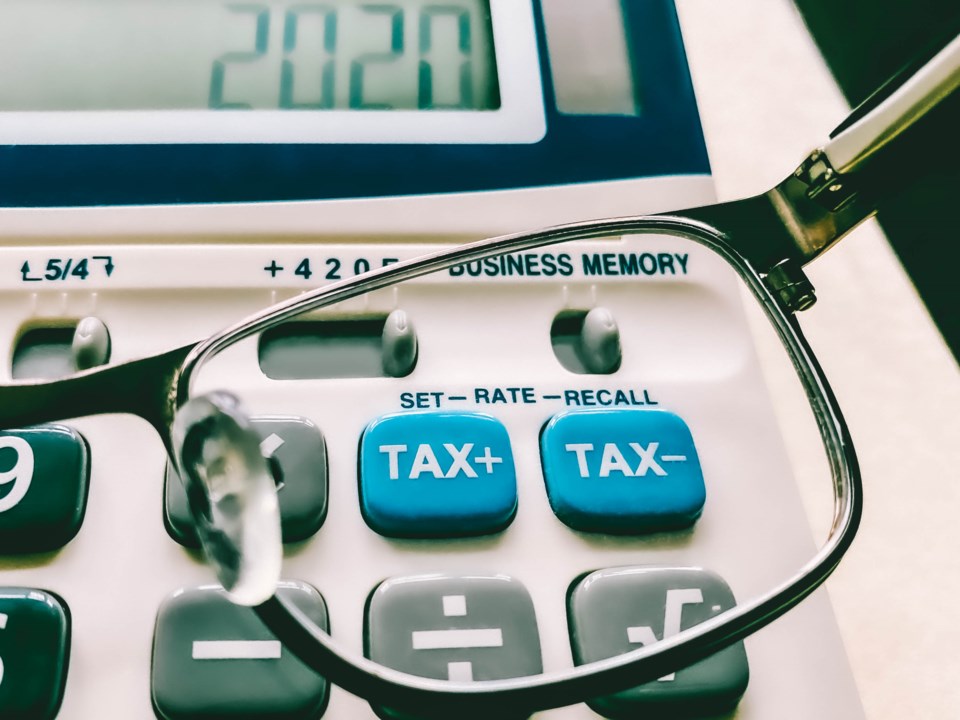Taxes don’t make things cheaper.
And you would think a city which was ranked among the worst in the world in terms of housing affordability would focus on making homes more affordable. But for some reason, staff at Vancouver City Hall seem committed to just the opposite approach.
A report released this week by Vancouver’s Director of Finance calls for nine per cent property tax increases every year until 2028. This new proposal from city staff comes on the heels of a 10.7 per cent tax hike announced in the most recent city budget.
Whether it’s laziness or incompetence to blame, this administration seems content to watch as the dream of home ownership drifts further and further into the distance for Vancouverites.
Property taxes add to the costs of owning or renting a home. Homeowners are slapped with a bill and they either pay it themselves or add it onto their tenant’s rent.
This year’s property tax hikes are already costing Vancouverites a lot of money. The average homeowner is paying $326 more this year in property taxes, while the average business is on the hook for an additional $549.
The tax hikes on homes makes living in Vancouver more expensive, while the tax hikes on business make it more expensive to shop or create jobs in the city. The Greater Vancouver Board of Trade described this year’s tax hike as “unsustainable for small and medium sized businesses” while pointing out that Vancouverites already face a “disproportionate tax burden.”
As homes continue to get more expensive, food banks in Vancouver are seeing record breaking demand. A Vancouverite would need to make $221,360 to afford to buy a home, that’s gone up $21,360 from March 2022.
There’s still time for him to start showing real leadership. Council is set to meet and discuss the report on June 27, where they could reject the recommendations.
To do that, Sim and his ABC-dominated council need to start looking for ways to save taxpayers money. Capital expenditures are a great place to start.
In fiscal year 2022-23, the city’s capital expenditure was $683 million. Going forward, that is expected to rise up to $730 million per year. City staff describe that extra $47 million as a “significant increase from past levels.”
When it comes to new capital projects, those numbers become very big, very fast. In the last fiscal year, the city budgeted $285 million on new capital projects. This year, that is budgeted to jump up by 104 per cent to $581 million. There is no excuse for a city council to double their expenditure on a single line item.
Sim has admitted that “there’s a lot of dumb spend at the city.” He described property tax hikes of 10 per cent as “not sustainable” and pledged to “go through the budget with a fine-tooth comb.”
His first budget as mayor did the exact opposite. This year will see the city spending nearly $2 billion, up $223 million from the previous year. Sim can’t expect taxpayers to believe a word out of his mouth when he claims tax hikes aren’t sustainable, before slapping his constituents with year-over-year nine per cent increases.
If Sim believed what he was saying, he would cut the “dumb” spending, abandon the unsustainable tax hikes and follow through with his pledge to find savings.
Carson Binda is the B.C. director of the Canadian Taxpayers Federation.



